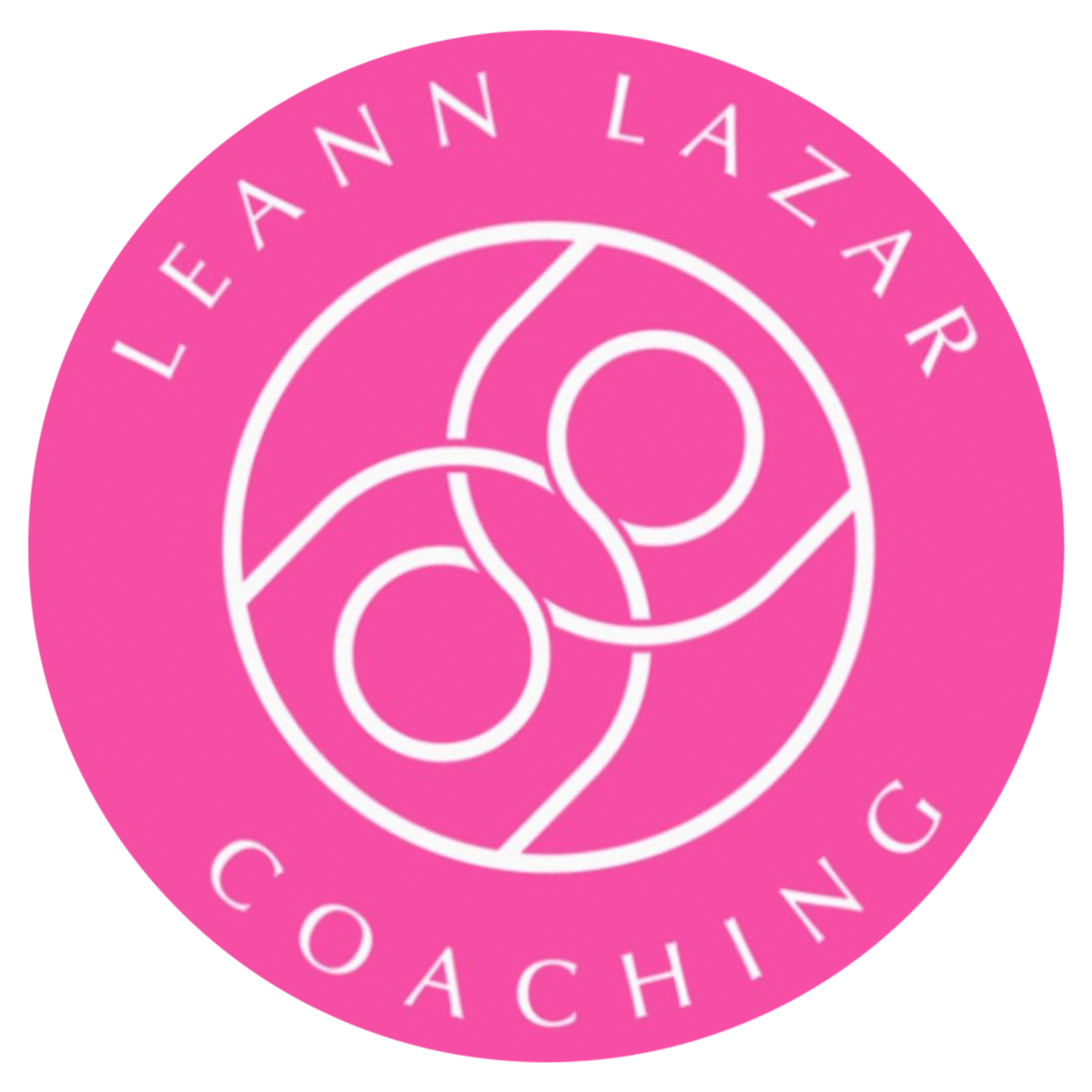The Power of Boundaries: How to Create Healthy Relationships and Thrive in Life
Boundaries are the cornerstone of emotional well-being and balanced relationships. Whether in personal, professional, or social settings, knowing how to establish and maintain boundaries is essential for protecting your mental health and creating a life of respect and harmony.
In this guide, we’ll explore the importance of boundaries, why they’re often difficult to set, and practical steps you can take to create boundaries that enrich your life.
What Are Boundaries and Why Are They Important?
Boundaries are flexible “soft fences” that define how you want to be treated. They communicate your limits and protect your emotional well-being. Unlike rigid walls, boundaries are adaptable, allowing you to foster mutual respect without shutting others out.
Setting boundaries teaches others what is and isn’t acceptable while helping you feel more in control of your time and energy. They are not about being confrontational but about creating space for healthier, more balanced relationships.
Why Do People Struggle With Setting Boundaries?
One of the biggest obstacles to boundary-setting is people-pleasing. A behavior often rooted in societal or cultural conditioning. Women, in particular, are frequently taught to prioritize others’ needs, leading to guilt or fear when trying to assert their own limits.
Understanding these patterns is crucial to breaking free from them. Recognizing that boundaries are an act of self-respect, not selfishness, helps shift your mindset and makes it easier to embrace them as a positive force in your life.
How to Create Effective Boundaries
Start With Self-Care and Personal Accountability
Boundaries begin with you. Establish consistent self-care routines like maintaining a daily schedule, eating well, staying hydrated, and completing small tasks. These habits build trust in yourself and create a strong foundation for setting limits with others.
Practice Consistency Over Perfection
Boundary-setting is a skill that develops over time. Expect occasional missteps and focus on steady progress instead of perfection. This approach makes it easier to stay motivated and confident.
Learn to Say No Without Guilt
Saying no is a powerful way to protect your boundaries. For example, declining extra responsibilities at work or home when you’re stretched too thin isn’t selfish—it’s an essential act of self-respect. Reframe “no” as a positive tool to uphold your well-being.
Start Practicing Boundaries Today
Boundaries are a powerful tool for transforming your life and relationships. They allow you to communicate your needs, protect your energy, and prioritize your well-being.
Start small by identifying one area in your life where boundaries are needed. Practice consistency, embrace self-care, and don’t shy away from saying no. Over time, you’ll find that setting boundaries isn’t just an act of self-care—it’s a path to a healthier, happier you.
